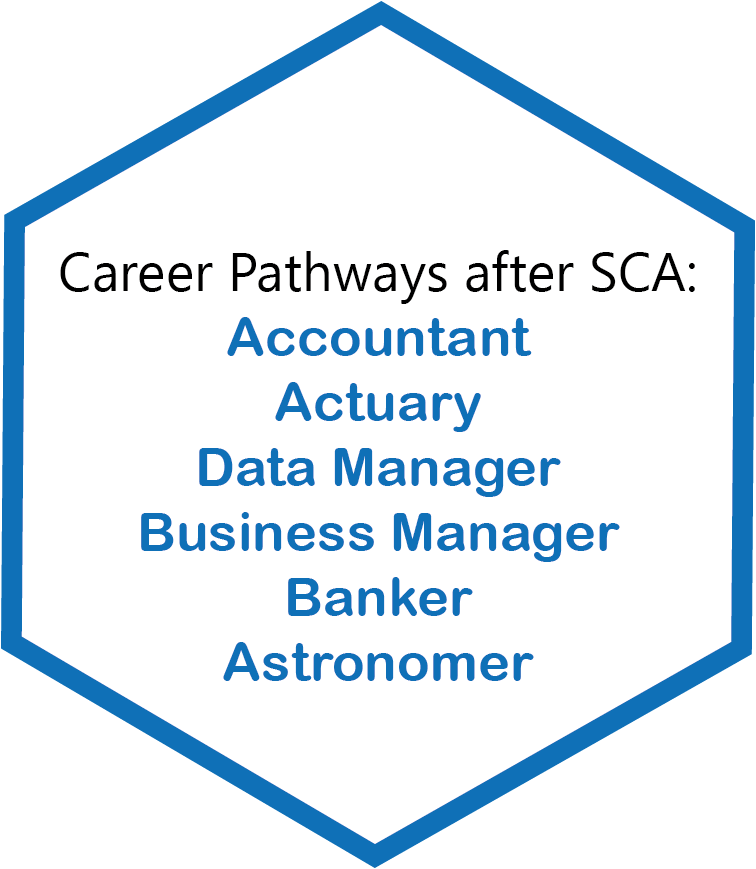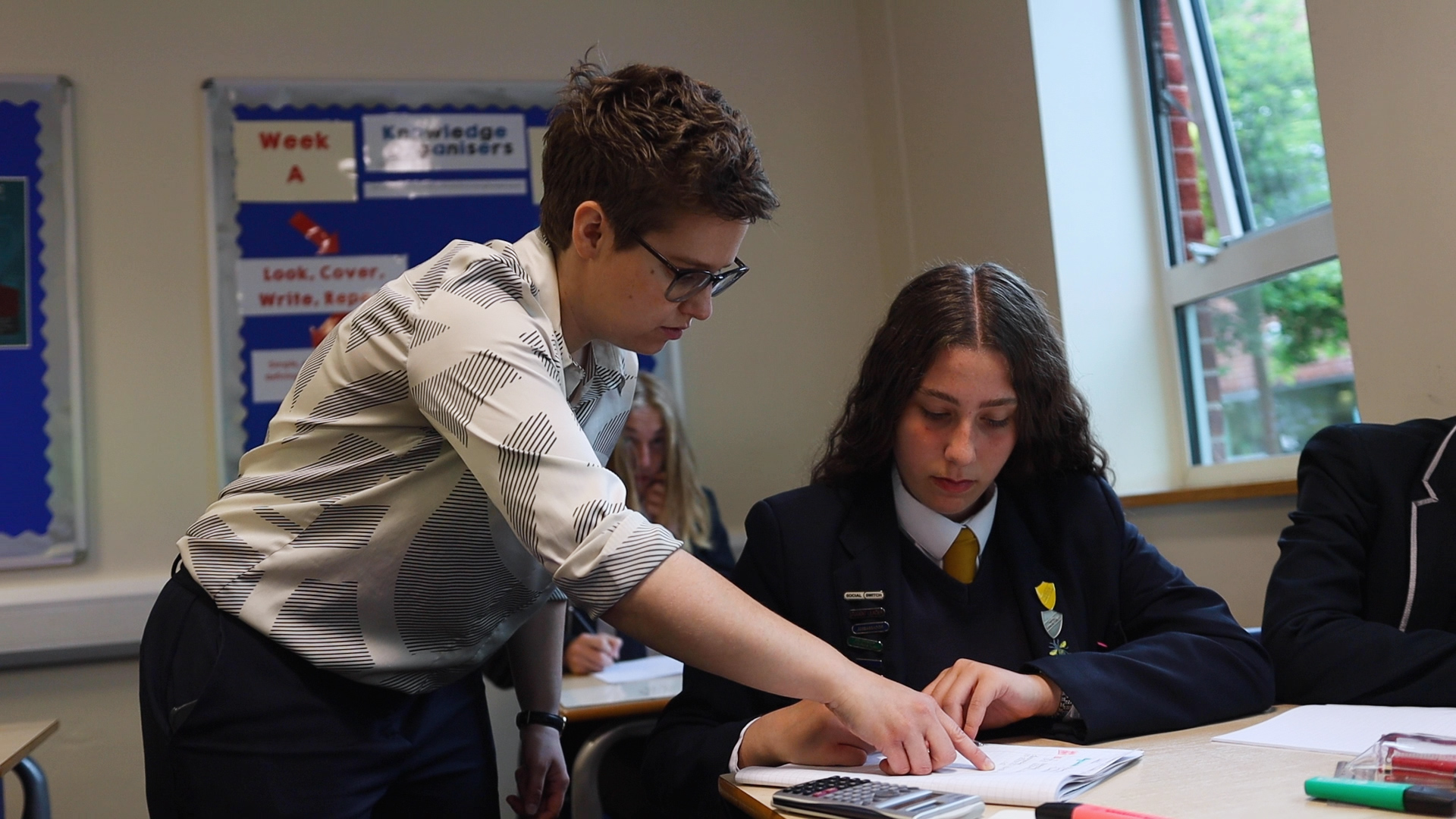.jpg?ver=H9m1HYEGbFe0dVRx0yTiag%3d%3d) The Maths department at Salford City Academy aims to provide students with a secure understanding of mathematic concepts, from numeracy, geometry, probability, and statistics.
The Maths department at Salford City Academy aims to provide students with a secure understanding of mathematic concepts, from numeracy, geometry, probability, and statistics.
From basic principles to complex topics and the skills that allow students to combine several areas of study into a single question.
In mathematics our aim is to secure retention of knowledge and a depth of learning which results in students who are confident in taking their studies to the next level, whether that be further qualifications, higher education or into the workplace. We are committed to providing an inclusive curriculum, celebrating, and championing diversity and individuality in mathematics.
.jpg?ver=fL4aNX6oAoP3QwKVawUY9A%3d%3d)
.jpg?ver=B72wlF9l5p7L5lL3yYsgWg%3d%3d)
.jpg?ver=zqf85HvwgBsngRGNoQNKrg%3d%3d)

To view the curriculum for Mathematics please:











